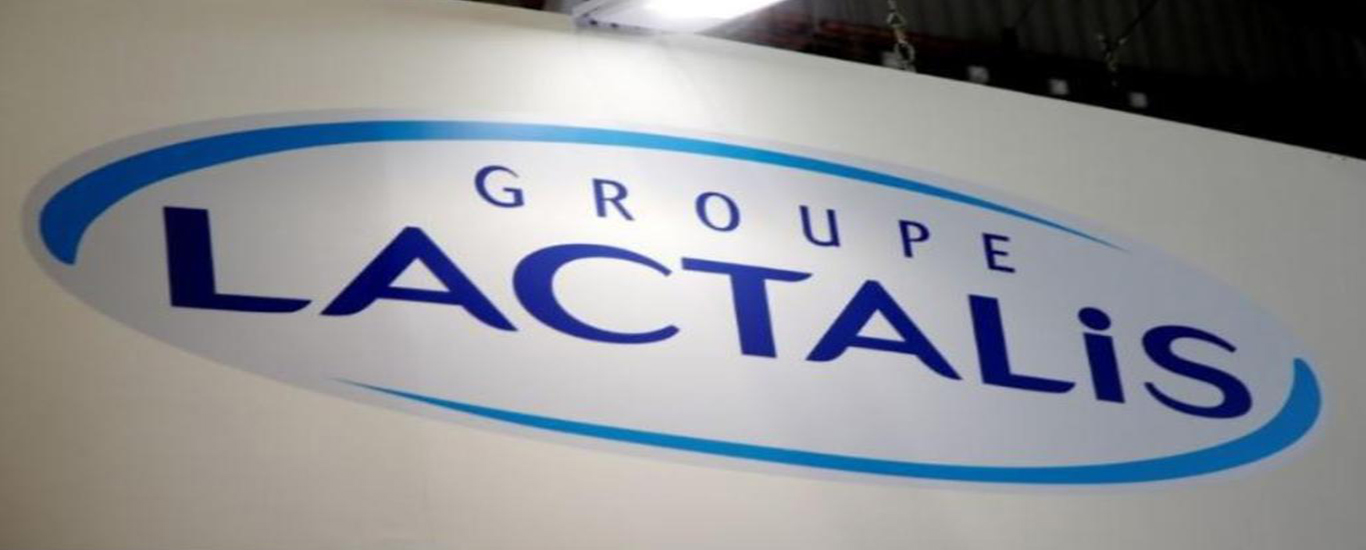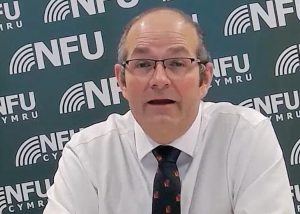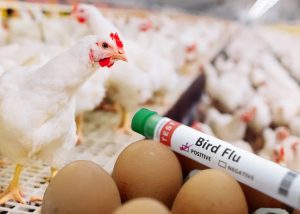
SINGAPORE — Dairy products sold in Singapore by French company Lactalis, under brands such as President, Galbani, Lactel and QBB Ghee, are not those affected by a global recall of its formula milk products, the Agri-Food and Veterinary Authority (AVA) said on Monday (Dec 11).
French authorities banned the sale of baby milk and food products from the dairy group, after more than 20 infants fell sick due to suspected salmonella contamination of the products they consumed.
As a precaution, the AVA has taken product samples from the brands under Lactalis for food safety tests, including tests for salmonella bacteria, it said in reply to TODAY’s queries. “Enforcement action will be taken if the products do not meet our food safety standards and requirements.”
Lactalis is one of the world’s biggest producers of dairy products. It sells its baby milk in packets of 350g to 950g, which are marketed globally under a host of brand names, including Milumel, Picot and Celi.
None of the implicated formula milk products from France are imported to Singapore, the AVA said, adding that stocks from a new source are put on a “hold-and-test regime” so that the importer cannot sell them until they pass food safety tests.
In France, the authorities said that the measures Lactalis had put in place since Dec 2 were “not sufficient to manage the risk of contamination”.
Despite a limited recall of 12 Lactalis products following the 20 or so cases, five new cases of infection with the “salmonella agona” bacteria emerged last week. One of the infants had consumed a Lactalis product that had not been on the first recall list.
Those infected by salmonella — typically found in the intestines of farm animals — suffer from symptoms such as severe diarrhoea, stomach cramps and vomiting. The illness is dangerous for the very young and the very old, because of the risk of dehydration and of the infection spreading to other organs in severe cases.
Lactalis’ spokesperson Michel Nalet told AFP that “nearly 7,000 tonnes” of the production line may have been contaminated, but the company is unable to say how much of these have been consumed or remain on the market.
The victims in France have since recovered and, asked if any cases had been reported abroad, Mr Nalet said: “Not as far as I am aware.”
Sunday’s recall will affect consumers in at least 15 countries including Bangladesh, Britain, China, Greece and Pakistan, which underscores the reach of the product distribution and the difficulty in trying to trace all the stocks that are potentially at risk.
The company believes that the salmonella outbreak can be traced to an evaporation tower which is used to dry the milk, at a factory in the town of Craon in northwest France.
All products made there since Feb 15 have been recalled, Mr Nalet said, adding that the company was taking fresh precautionary measures of disinfecting all of its machinery at the factory.
In 2008, the baby formula milk industry was shaken by a huge scare in China when manufacturers there were found to be processing their products with an industrial chemical. Six babies died and around 300,000 others were made ill. The scare benefited companies such as Lactalis and fellow French giant Danone when consumers turned to other options.
In 2013, there was a false alarm when Danone’s baby milk products were being linked to botulism cases. The illness, a rare and potentially fatal condition caused by the Clostridium botulinum bacteria that thrive in soils, did huge damage to its reputation and undermined groupa






